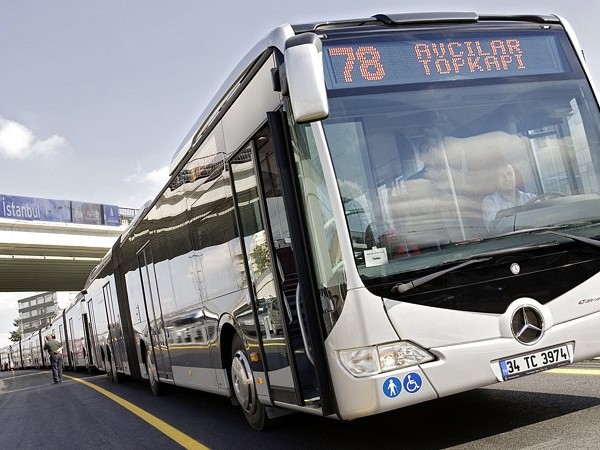26
May

When it comes to buying buses, what is your preferred option: new or used buses? While most potential buyers will immediately think that buying new buses is more beneficial, buying used buses makes much more sense. Whether you are extending your fleet or are just starting a new business, your main priority is to keep your cargo or passengers safe.
To make a successful purchase of used buses, you first need to find a reliable seller. The online seller focused on helping buyers to determine their needs is a reliable one. One clear indicator is to check if the website has a section for frequently asked questions. But why would you buy a used bus instead of a new model? Let’s explore this a bit, shall we.
Used buses mean serious money savings. With a little luck on your side, you may be able to find a used bus for about 1/3 of the price of a new one and be able to use the vehicle for many years. Regardless of the type, purpose or size of a bus you are looking for, you will certainly find the make and model that will match your requirements.
Beside saving you a lot of money, another advantage of used buses is that they can be used as frequently as new buses. Contrary to popular belief, ‘used’ does not mean ‘in bad condition’. A used bus can serve you for years, especially if used only once or twice a week. For example, the church groups usually meet up only once a week and travel to churches in other cities, so a used bus is a better investment in such case. For longer distance traveling, it is best to rely on a new bus.
Here are the three most important things to consider when buying a used bus.
Size & Passengers Capacity – The first thing to consider before buying a used bus is the size and passenger capacity. Do you need a bus with the capacity of 20 passengers, or a large bus with a capacity of 40-plus passengers? The size and capacity have an impact on the purchase price – the larger the vehicle, the more expensive it is.
Engine – Engine is basically the heart of the bus. Used buses are available with different engine features and performance capacities, and you need to match the capacity with your application. The performance, fuel economy, power, acceleration and speed all depend on the engine’s capacity.
Set A Budget – Set a budget and make sure you do not go over it. This will narrow down your options. In addition to the investment cost, you need to consider the money you will need for bus maintenance, bus registration, potential repairs, etc.